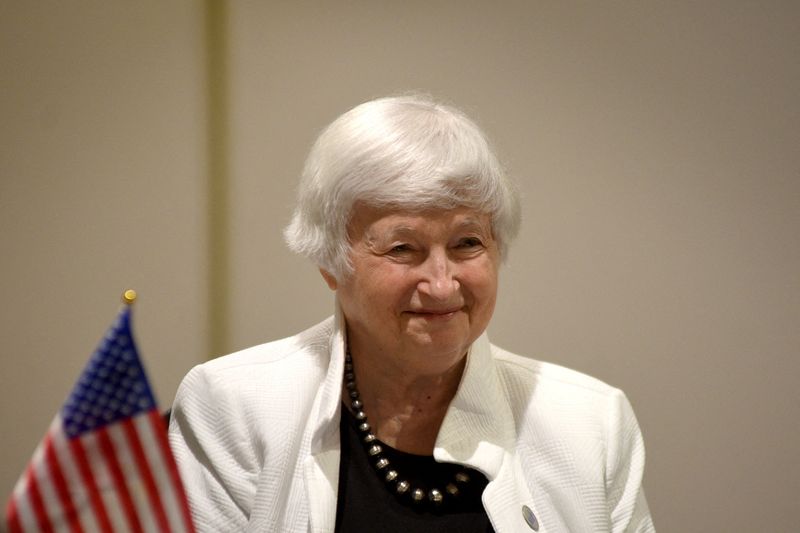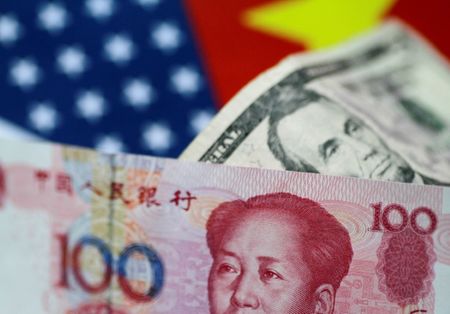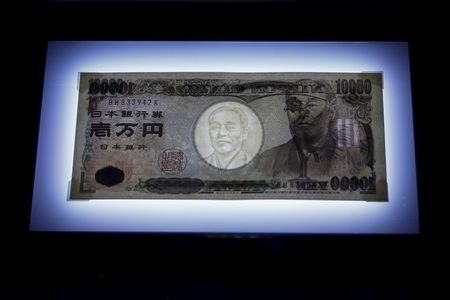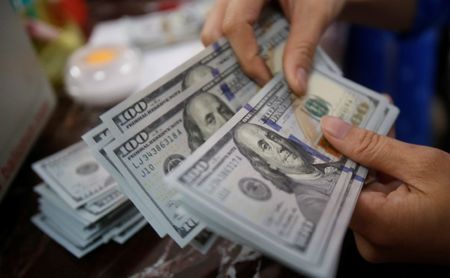The pound surged against the dollar Tuesday as a stronger-than-expected labor market is expected to give the Bank of England the green light to continue hiking rates ahead of the record U.K. inflation report expected Wednesday.
GBP/USD rose 1.4% to $1.2484.
UK unemployment fell to 3.7% in the three months through March, the lowest level since 1974 as the number of job openings rose to a new high of 1.3 million.
“This morning we have just seen a strong set of UK employment/wage data which will be a tick in the ‘continue tightening’ side of the Bank of England’s policy calculus ledger,” ING said in a note.
The Bank of England is expected to hike rates by 2% by year-end. The central bank hiked rates three times so far to 1% since starting its tightening cycle last year.
Some, however, see sterling resuming its downtrend as the threat of the recession and a Brexit-driven trade war loom.
“If the row about the Northern Ireland Protocol between the UK and the EU was to intensify and lead to a fully-blown trade war this might intensify the BoE’s and the financial market’s economic concerns,” Commerzbank said in a note.
Others, however, downplay the imminent threat of U.K. and EU trade war amid pressure from the US and a lack of appetite among Boris Johnson’s Conservative members.
“Sterling seems to be ignoring Northern Ireland politics at the moment – perhaps because Conservative backbenchers and also US politicians are leaning on the UK government not to go ahead with unilateral actions on the Northern Ireland protocol,” ING added.
Bets on another BoE rate hike will continue to garner attention on Wednesday as the UK is set to report its highest pace of inflation since records began in 1988, following a surge in energy prices.
”All eyes in the UK tomorrow will be on April’s inflation report. Given the 54% hike in household energy bills last month, the headline CPI rate is expected to jump more than 2ppts to above 9%Y/Y for the first time since the series began in 1988,” Daiwa Capital Markets said.
The U.K. faces an “apocalyptic” spike in global food prices, fueled by the Russia-Ukraine conflict, Bank of England governor Andrew Bailey said on Monday.




